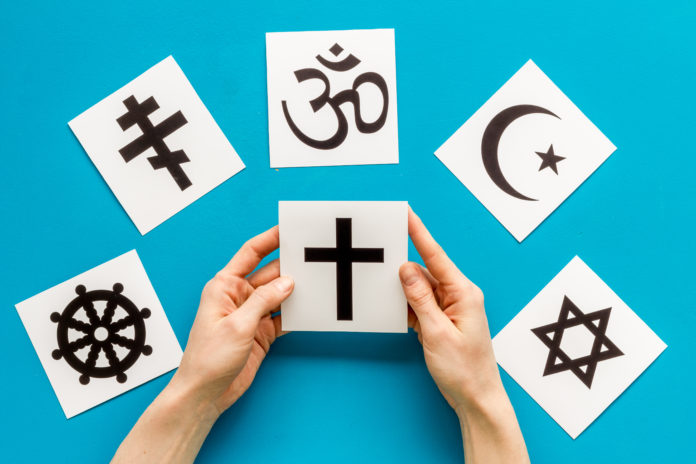Memento Mori: Facing Our Mortality
As a child, the first time death hit home for me was when President John F. Kennedy was assassinated in 1963. And even though more than 50 years have passed, I still distinctly remember two things about the event.
First, I remember the shock and sadness expressed by my parents when they heard of the president’s death. My parents were Kennedy democrats, and they were enthusiastic about the young president. I’d seen my mother cry before, but I was unprepared for my reserved father’s emotional reaction to the president’s death. The World War II veteran didn’t weep, but I could tell he was stunned and hurt by the news.
Second, watching the president’s funeral on television left a deep impression on me. Seeing the First Lady Jacqueline Kennedy, veiled in black, walking behind her husband’s flag-draped coffin as it was pulled by white horses was a gripping image. It may be difficult for young people today to understand, but for the generation that lived through the president’s assassination, the event was every bit as shocking and agonizing as the events of September 11, 2001.
Through the years, I’ve read many books about President Kennedy, covering his life, administration, and his assassination. I’ve wondered why his death had such a deep and abiding impact upon the people of the time. Certainly, a part of the answer is found in the fact that he was not just America’s president, but also the leader of the free world during the dangerous Cold War in which half of the world lived in freedom and the other half under tyranny. Thus, Kennedy was seen as a living representative of freedom and democracy to millions of oppressed people. His death was mourned by people outside the United States as much as those within it.
Recently, I was watching the 1966 documentary John F. Kennedy: Years of Lightning, Day of Drums. In the film, narrator Gregory Peck said that the 3 billion people then living on planet Earth learned of Kennedy’s death fairly soon after his assassination. The documentary’s profound explanation for the great expression of sorrow exhibited upon Kennedy’s death was that people were compelled to face their own mortality. The busyness of daily life can often cause us to lose sight of our ultimate mortal end. But to see a world-famous, wealthy, and successful man, who had a young wife and small children, cut down in midlife reminds all people of their inevitable death.
Even those of us who believe that Jesus Christ conquered death through his bodily resurrection from the dead (John 11:25–26) can benefit from reflecting upon our present physical mortality. Should the Lord tarry in his promised second coming, all of us will inevitably face death. There is prudence in living life purposively and seizing each day the Lord has given us through his providential grace. May we face our mortality with courage and faith and model for others how to brave the big and challenging issues of life and death.






